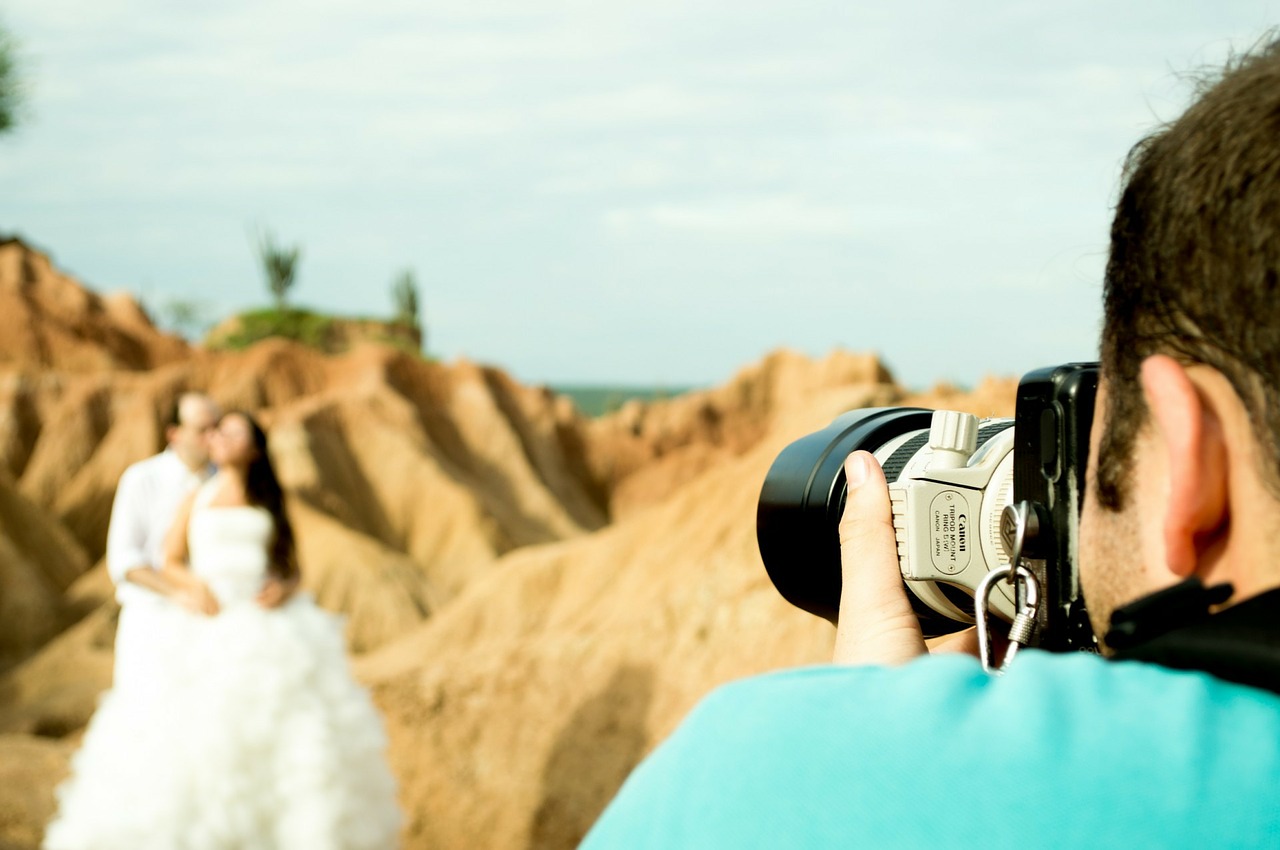When a couple decides to tie the knot, you know they have been anticipating this day for quite a while. A wedding comes loaded with happiness, tears, anxiety, love, and lots of laughter! Planning your marriage is nothing short of an adventure, provided that you have the right approach. Quality photography is an investment, for both the cameraman and the client (who is looking to record footage of the precious memories).
Tracking down a great photographer can be quite an undertaking. You want someone who is friendly, devoted, exact, creative, experienced and professional. A lot of time, diligence and love goes into documenting each moment, capturing those special parts of your life story. So, if you are searching for that creative visual eye, you can designate an experienced Hedsor House wedding photographer like Nigel Chapman Photography, whose sole focus is to allow the images do the talking. They cover a range of events including weddings, musical performances, private gatherings, all kinds of celebrations, sporting events, and much more. So, if you are searching for a contemporary photographer, you know where to look.
How To Take Wedding Photos
Tips to sail through marriage day photography glitches from top wedding photographers!
Capturing an event involves time and efforts in plenty. You need to make sure that your team, and equipment arrive early, in order to set everything up that is required for the shoot. One has to be ready for any type of challenge, so it’s best to take stock and be prepared. Experienced event photographers, who have decades of work behind them, like an Olde Bell Hurley wedding photographer, will have numerous resolutions at hand. Here we unveil a couple of them:
- Be ready for any emergency: Always keep an emergency kit on yourself, as you never know what kind of situations you have to face. By this, we don’t mean just photography equipment, but also a first aid-kit, Q-tips, dress and adhesive tape, sanitary supplies, paper towels, sewing kit, notepad and stationery, blotting paper, stain removers, umbrellas, reflector boards are some things that come to mind. Carrying this kit with you, at all times, will prove worthwhile. For instance, if you are doing a beach shoot, and the bride’s dress is white, you might just need a bleach pen, to get rid of an unexpected soil stain. Always keep waterproof jackets, or even better — rain ponchos, which will help you, when you are caught in the rain, and you are outdoors shooting.
- Plan in advance for any weather: Some photographers are known to wake up to the day of the shoot with the weather pages in front of them. They leaf through several temperature forecast sites to get an idea of how well-prepared they need to be. You need to know if the rain Gods are furious, and want to send you over some grey clouds, precipitation, and thunderstorms! These are just things that are not under your control, right? But staying informed surely helps, as it will not bring too many surprises, or disappointments. Besides most of the solutions for threatening weather come from planning ahead. Inform the couple in advance to keep them comfortable and less stressed. Talk them through the options of any possible indoor solutions that you could shift to if the weather continues to deteriorate. You should be able to establish open communication, to help solve these struggles.
- Make sure you are insured: You are, typically, carrying several dollars’ worth of gear with you, at any given time. As it is, there is a lot of stress involved, so you should have at least the bare minimum insurance to cover damaged and stolen equipment. The body of your camera alone will run into several thousand dollars, not forgetting to mention the cost of the camera lens, the computer and all your file backing up systems. It is also safe to carry liability insurance, to safeguard you from lawsuits that may come from any of the wedding shoots that you undertake. Also, prepare a legal contract to lay out all expectations. Doing all this ahead, will avert any form of potential problems.
Sometimes, you find that you are not the only cameraman on the venue. Your client may want you to work with another team. You can easily adapt and shoot in solidarity. From being accommodative, to facing exhaustive and challenging shoots, there are plenty of decisions that have to be made. You are persistently on your toes, and it requires peak physical, and mental performances. Patience and flexibility will take you a long way to achieve a name in the industry.
